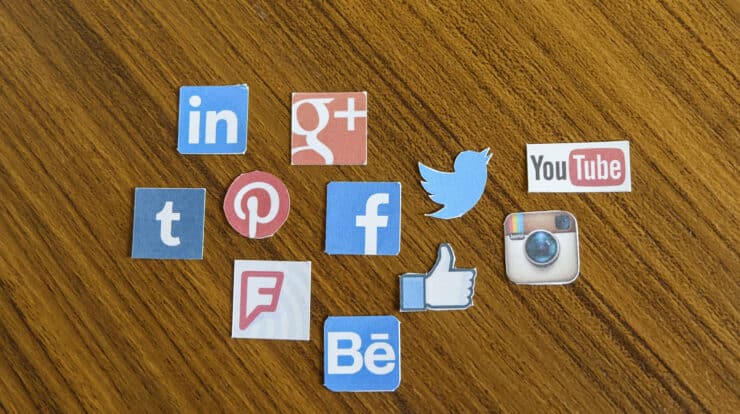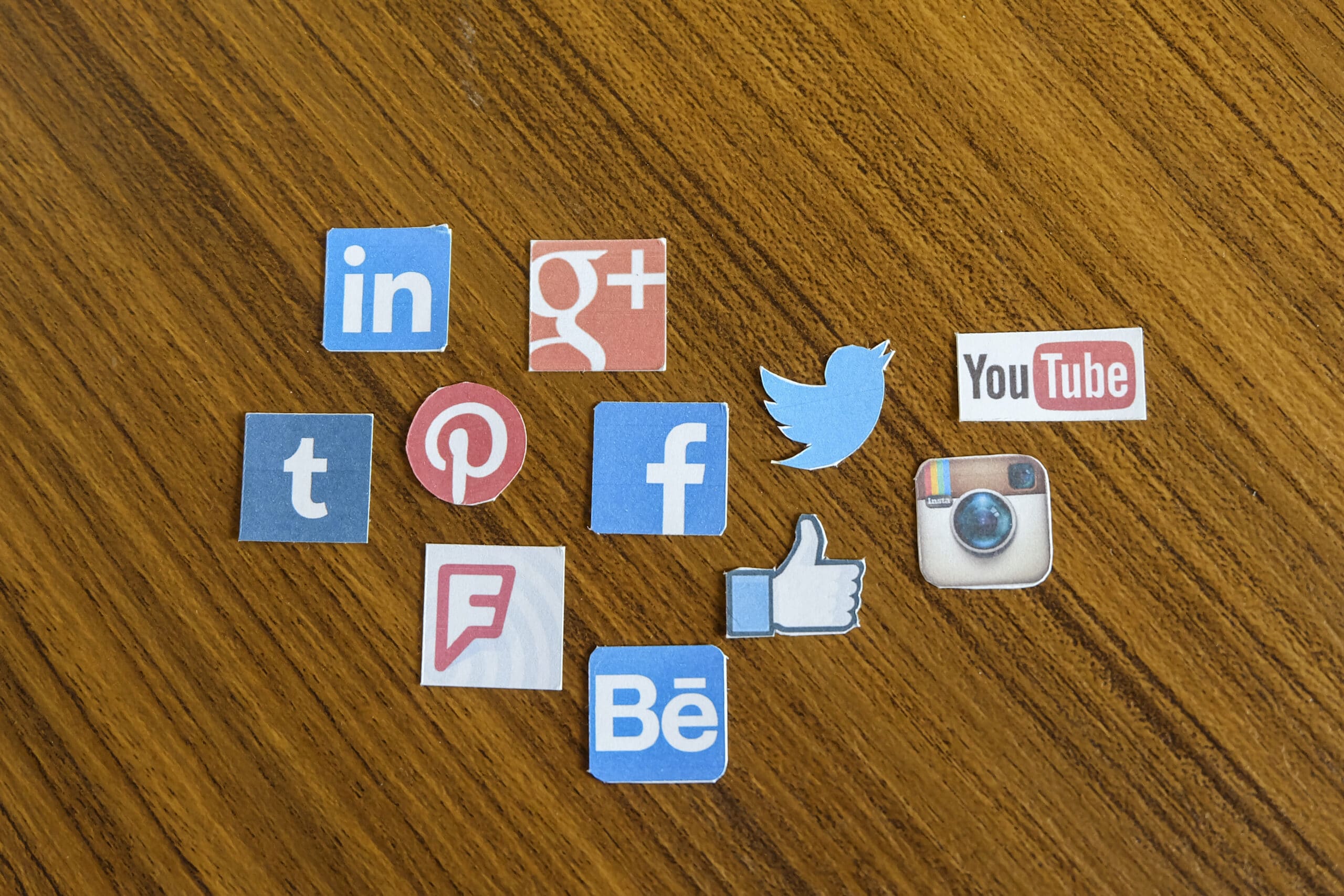
Social Media and Mental Health – An Introduction
The rise of social media has led to billions worldwide using platforms like Facebook, Instagram, Twitter and TikTok daily. While these sites offer opportunities for connection with others while staying informed about current events they also come with their share of risks when it comes down to mental health. In this blog post we will explore how exactly does social media impact our well being? We’ll provide tips on navigating through these challenges as a tool towards achieving better overall health outcomes.
Social Media and Mental Health – The Good, the Bad, and the Ugly
Social media has been hailed as a powerful tool for improving mental health. By connecting individuals with others who may be facing similar challenges or providing access to support groups and resources it offers hope during difficult times. Additionally research suggests that using social media can lead to improved moods lower stress levels and increased feelings of belongingness among users. The potential benefits are numerous making this platform an important consideration when discussing strategies aimed at promoting positive mental wellbeing.
While social media can provide a sense of community and support for those struggling with mental health issues it also comes with potential drawbacks. Excessive use has been linked to increased feelings of anxiety, depression as well as loneliness due in part by the fact that most people only share their highlight reels online rather than showing what goes on behind closed doors – leading others into believing they are not measuring up against these curated versions of reality . Moreover cyberbullying is rampant across many platforms causing significant harm towards individuals’ emotional wellbeing . Therefore while utilizing social media may have some benefits when seeking out assistance or connecting with like minded peers caution must be exercised regarding its negative impacts.
Tips for
Social media can be a powerful tool for mental health, but navigating it requires some strategies. Here are some tips:
To maintain a healthy relationship with social media set boundaries for yourself. Limit your daily usage and avoid checking it right before bedtime. By doing so you’ll be able to better manage how much time is spent on this platform while still enjoying its benefits.
To maintain a positive outlook on life it is essential to surround yourself with uplifting content. By following accounts that promote well being and positivity rather than negativity or drama you can create an environment where inspiration thrives. So make the conscious decision today – choose only those who lift others up!
To maintain mental wellness while using social media it is essential to prioritize self care. Taking breaks from technology and engaging in activities that promote relaxation can help reduce stress levels and improve overall mood. Remembering this simple step will ensure a healthier relationship with digital platforms.
In todays digital age its important to remember that behind every screen name or avatar is a real person with feelings and opinions. Treat others online as you would in the physical world – with kindness and respect even if they hold different beliefs than yours. This will help create a more positive environment for everyone involved.
If you’re experiencing mental health problems related to social media use don’t hesitate to seek professional help. A qualified mental health expert can provide valuable support and guidance in navigating these challenges. Don’t let fear or stigma prevent you from seeking the assistance that could make all the difference for your wellbeing. Take action today!

Social Media and Mental Health – Success Stories
Social media has been known to have both positive and negative effects on mental health. However there are also numerous instances where individuals have used it as a means of personal growth and healing. Here are two examples:
Sarahs diagnosis of anxiety and depression left her feeling isolated until she discovered solace in connecting with others on Instagram. Sharing her own journey led to an outpouring of support from strangers worldwide who now follow Sarah’s account by the thousands. She credits social media as a key factor in managing symptoms while finding hope during difficult times.
Michael faced significant challenges with addiction but found solace in Twitter’s recovery communities. Through these connections he discovered inspiration and motivation that ultimately led him towards sobriety. Today Michael runs his own account on the platform where he shares his story of triumph over adversity while offering guidance to those still struggling with substance abuse issues. His message is one of hope – demonstrating how even seemingly insurmountable obstacles can be overcome through perseverance and support from others who understand what you are going through.
Social Media and Mental Health – Final Thoughts
In summary, while social media can pose significant risks to mental health it also has the potential for promoting well being when used wisely. By setting boundaries on usage time and content consumed following positive accounts practicing self care online kindness towards others seeking professional help if necessary finding community through virtual means – all these actions allow individuals to leverage the power of social media in enhancing their overall quality of life including improved mental health outcomes.




